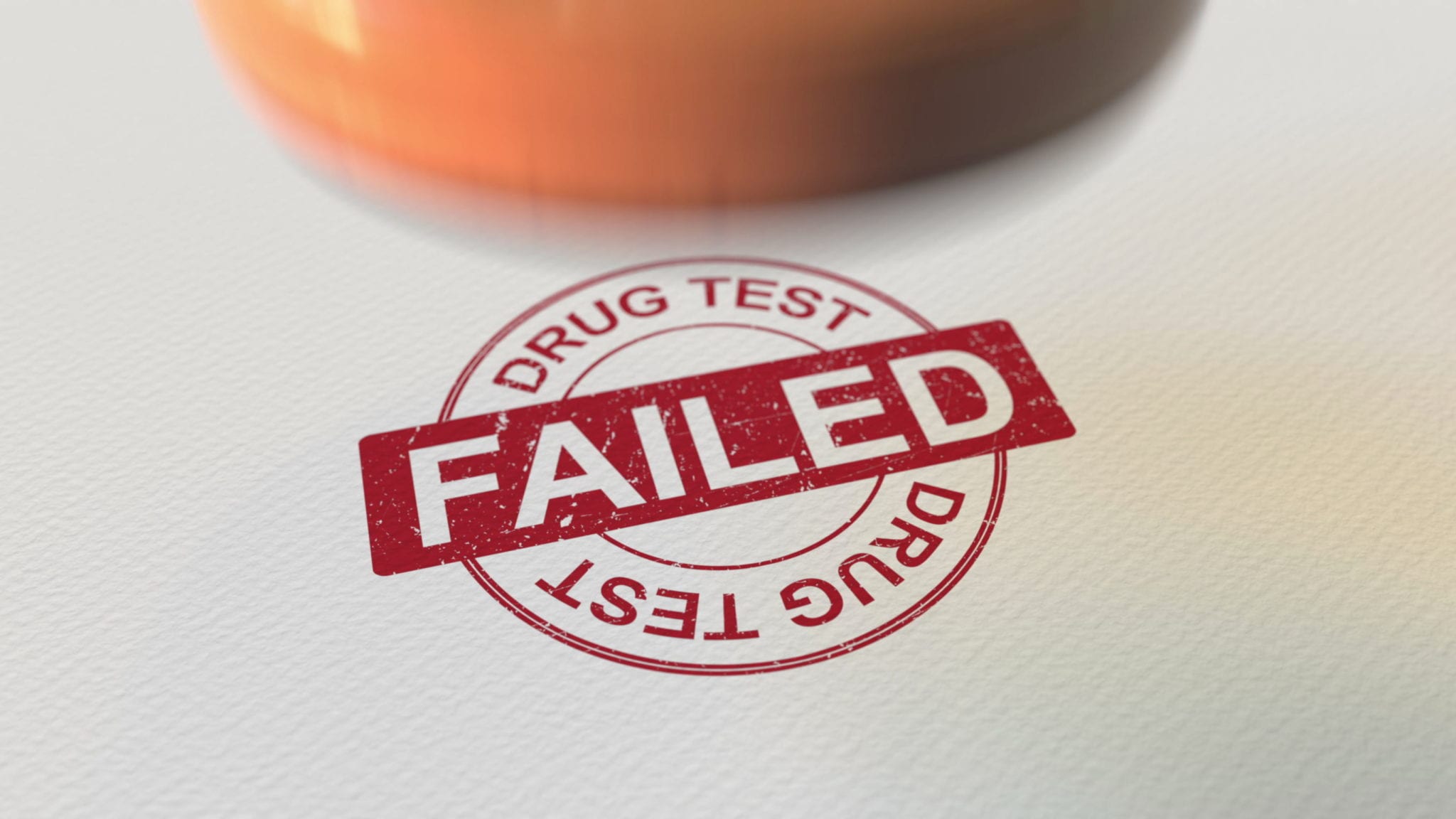
It’s possible to come up positive for various illicit substances during a drug screening even if you haven’t committed a drug crime.
If you’ve taken a drug test recently and failed, or if you’re worried about failing one in the future, you may face a variety of consequences. The good thing is that the consequences of failing a drug test are usually clearly defined.
This is because, according to Minnesota law, employers are required to post their drug testing policies and the consequences of failed tests for all employees to see.
School Drug Tests in Minnesota
While schools are not required to do drug tests, they are permitted to make drug screenings a requirement for participation in extracurricular activities.
These drug tests cannot be discriminatory, however. In other words, the testing must be administered to all students and the consequences must be the same for anyone who fails.
Frequent consequences of failing a drug test in school include:
- Mandatory drug testing in the future
- Suspension from extracurricular activities or school
- Expulsion from school
- Community service
- Mandatory drug counseling
Another common (but not “standard”) consequence of a positive drug test is that the results are actually enough evidence for school officials to search a student’s belongings.
Several cases have found that warrant and probable cause requirements aren’t applicable in school environments. So, simply failing a school drug test will not usually result in criminal charges, but it may trigger a search.
If any illicit substances are found, you will probably be charged with drug crimes, and most of the time, drug charges are more severe in school zones.
Minnesota Drug Tests at Work
Failing a drug test for a job can have long-lasting consequences. However, there aren’t always criminal consequences associated with failure.
If the drug test was part of a job application, then failing the drug screening usually means you will not get the job. If the drug test was required for continued employment, you may lose it.
Note, however, that In Minnesota, it is illegal to fire someone for a first failed drug test. Instead, the employer must allow the employee to complete a drug rehabilitation course.
If you work a job where you drive, or if you’re part of a government agency, your drug test results may be reported to the DMV for safety reasons.
Generally speaking, though, in Minnesota, reporting failed drug test results violates confidentiality laws pertaining to legal adults.
Drug Tests When You’re on Minnesota Parole
The straight answer on this one is this: Failing a drug screening while you’re on parole is the easiest way to rack up further legal punishment — especially when you’re on parole for drug crimes.
Your parole agreement probably includes a condition that you pass all drug tests. The screenings may be random, or they could be scheduled weekly or monthly.
Failing a drug test the first time may simply result in a warning if you are honest with your parole officer and you have been compliant with any and all other conditions of your parole.
However, if you have previously failed drug tests, and/or you have not been compliant with other aspects of your parole, or if your original offense was related to drugs, chances are your parole officer is going to be strict.

Failing a drug test can, therefore, send you back to prison. Either way, your parole will probably be either lengthened or changed to have stricter conditions.
Overall, outside of parole, failing a drug test rarely results in criminal charges, but it is always better to pass a drug screening than to fail. In the outside chance you wind up facing charges, it may be in your best interest to contest the results.
About the Author:
Christopher Keyser is a Minneapolis-based criminal and DWI defense attorney known for fighting aggressively for his clients and utilizing innovative tactics to get the most positive results. He has been featured in numerous media outlets due to the breadth and depth of his knowledge, and recognized as a Minnesota Super Lawyers Rising Star (2014–2015), a Top 100 Trial Lawyer (2013–2015), and a Top 40 Under 40 Attorney (2013–2015).





